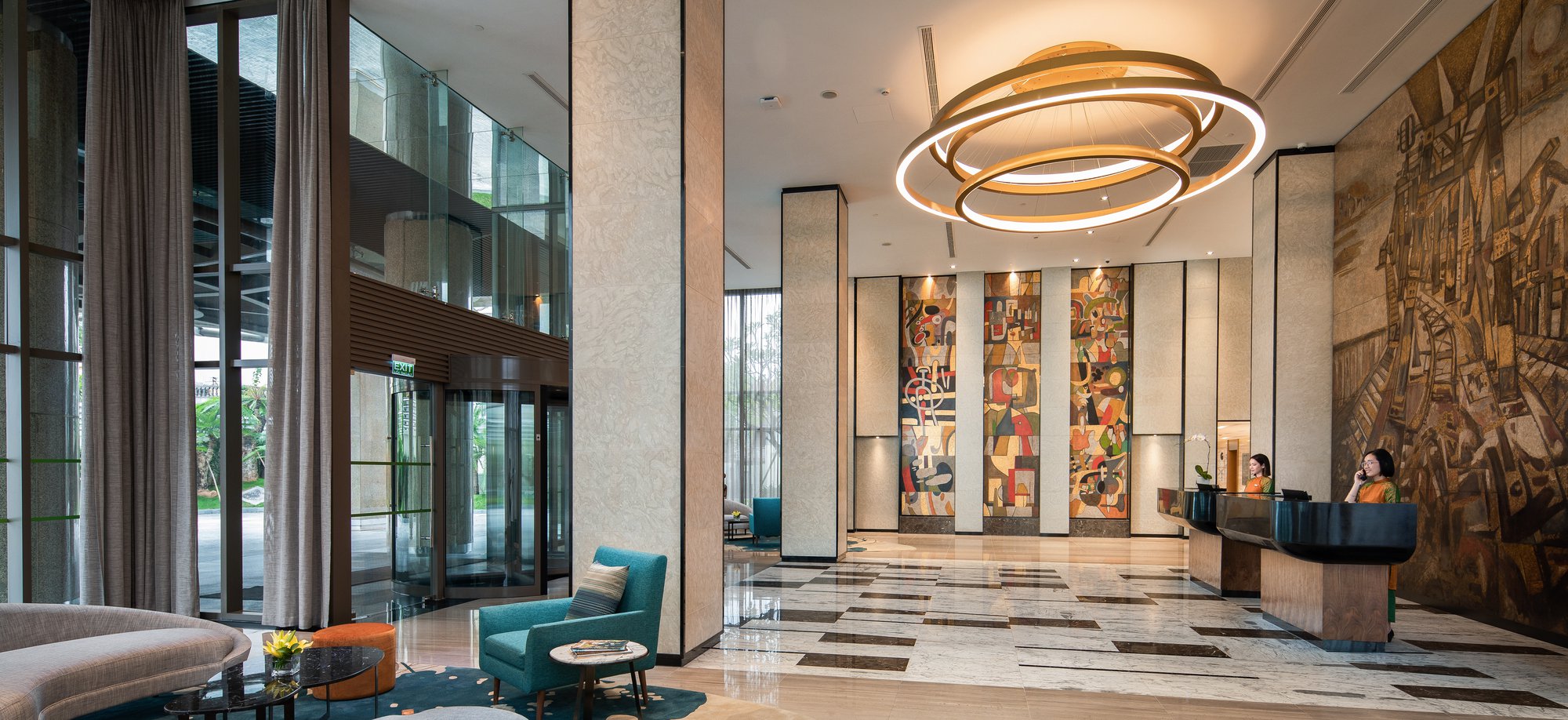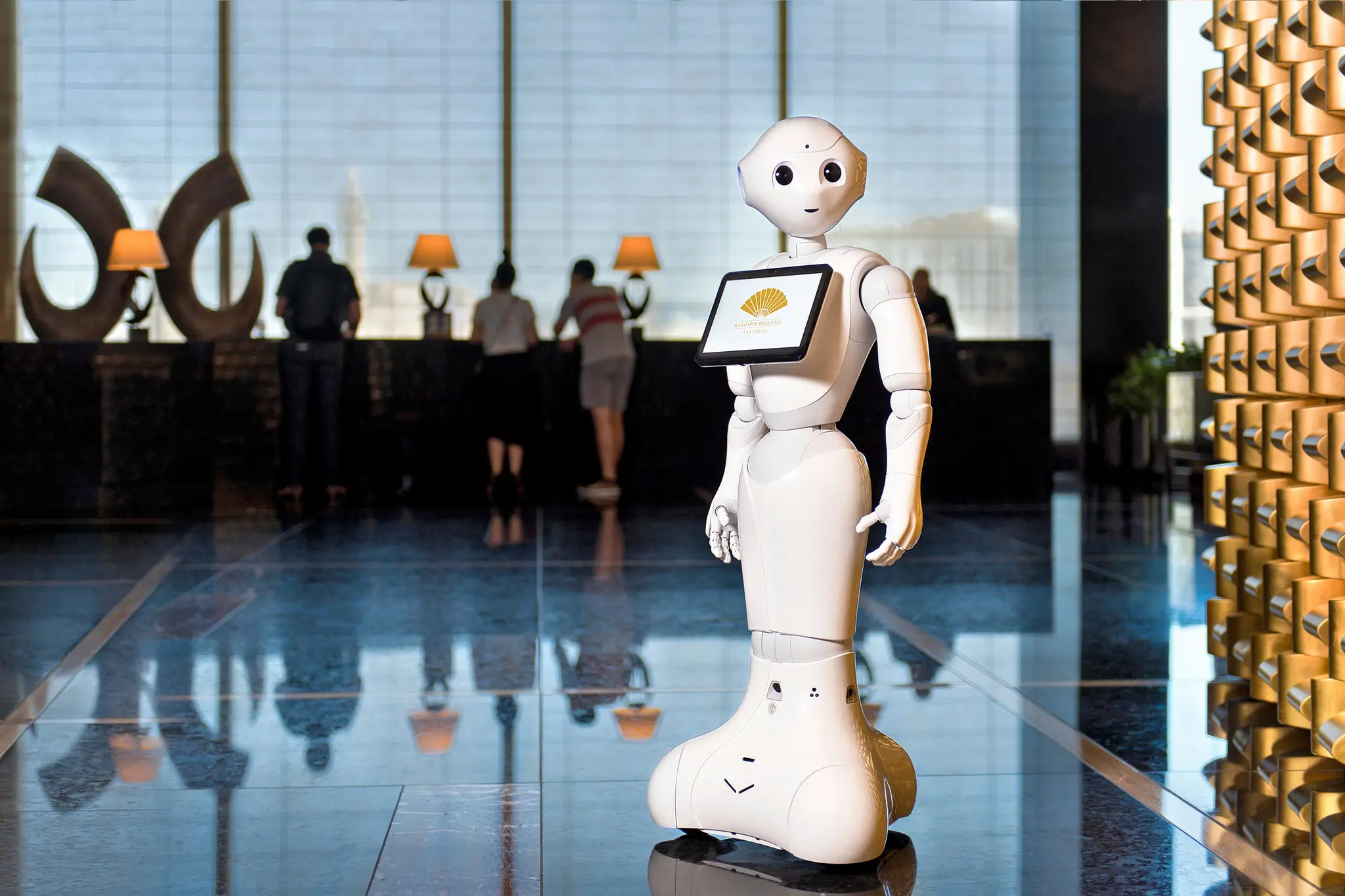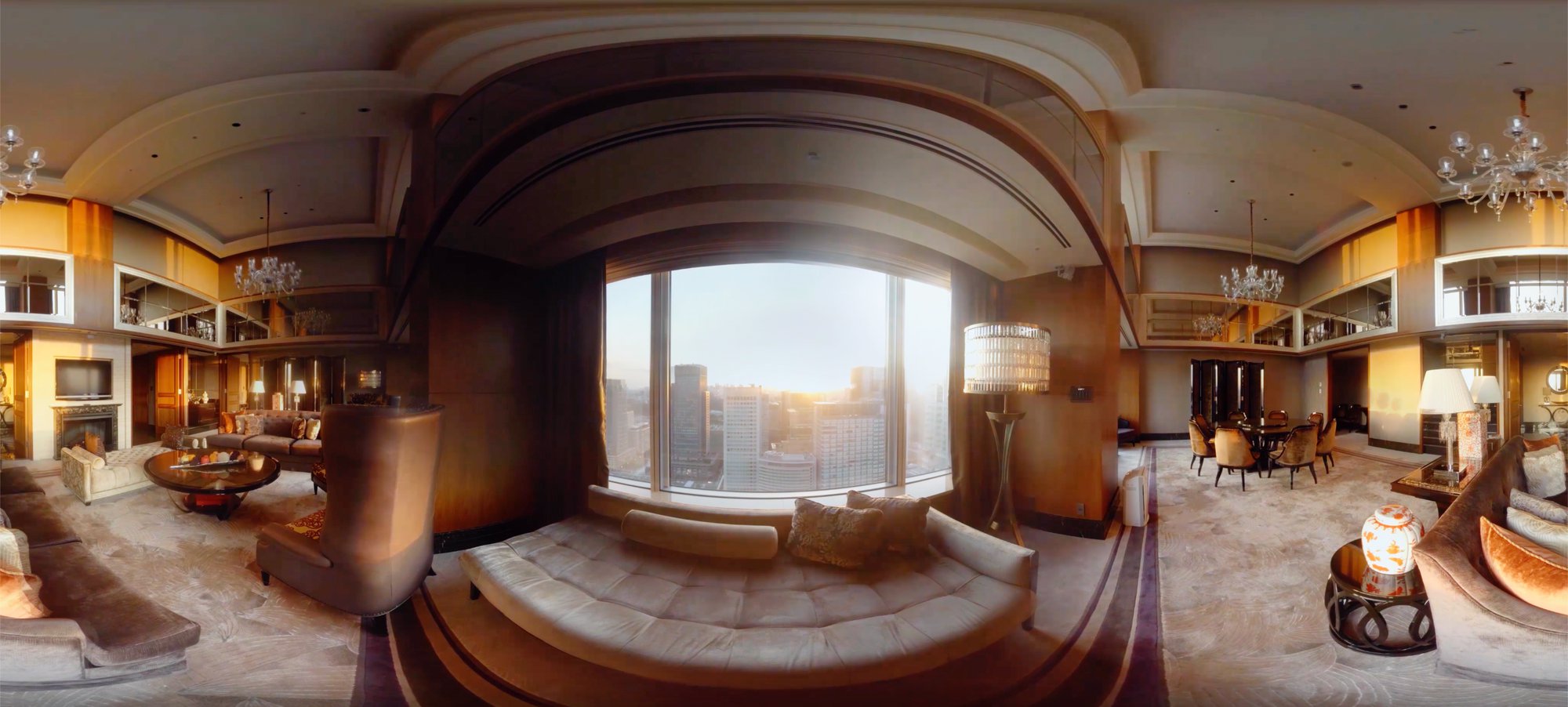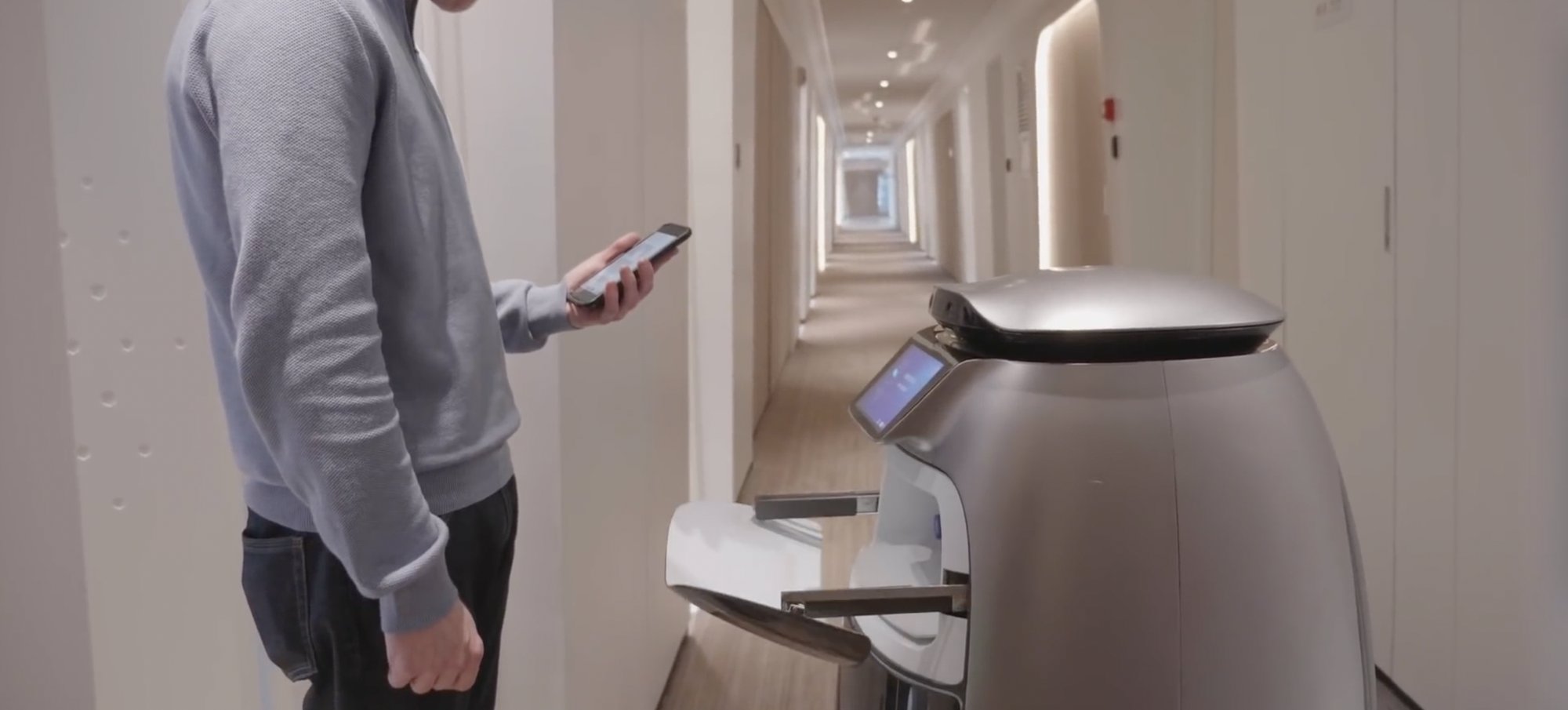Trends — Culture • Lifestyle • Future

The pandemic stirred unprecedented turbulence across the hospitality industry, spreading waves of loss and uncertainty across hotels, tourist destinations, and every other sector centered on the provision of travel services globally. This has caused a major evolution in the hospitality industry’s narratives and how hotel technology should take shape in a new normal.
While it is obvious that virtually all sectors of the economy were impacted by the pandemic and are grappling to recover, it is no exaggeration to say that the hospitality industry was dealt a massive blow, as the restrictions on travelling on crossing borders took a toll.
This upheaval damaged the economy of many Asian countries, which depend significantly upon revenue from hospitality. Studies by the WTTC reported a whopping 53.7 percent fall in the GDP, contributed by tourism and travel, for the Asia-Pacific region in the year 2020. This was much higher when compared with the global fall of 49.1 percent in the same year. The findings also revealed a 74.4 percent fall in international visitor spending as countries no longer received tourists.
Rebuilding Brand Reputation Post Pandemic
For brands, it is a struggle to regain balance after the pandemic, because they now have to pay close attention to customers’ safety after reopening. As hospitality operations resume, building trust in customers is a top priority, with everyone on the lookout for assurances of their safety. To achieve this, elements of new normal practises and recent developments in hotel technology should be effectively incorporated for a successful brand reputation.
Marketing strategies should focus on the communication of hotels’ commitment to high safety levels.

Innovations in Hotel Technology
It is in human nature to survive and defy odds. In a similar vein, the success of the hospitality industry is dependent on how well we can adapt and leverage various technological methods and advancements. Outlined below are a few forms of technological advancements that various brands may consider and incorporate. (Image source: New York Times)
More Outdoor Space and Experience
In a study carried out by STR, 64 percent of respondents cited health concerns and uncertainty about safety with fellow travelers as reasons for not traveling. This has forced hotel brands to pay more attention to outdoor services and experiences, where it is easier to keep a safe distance from others within the premise. This trend is going to continue and might become a mainstay for modern hotels.
Contactless Payment and Mobile Check-ins
Payment methods involving zero contact have been around for a while to facilitate easy and speedy transactions. However, these are now being considered as solutions to comply with new normal operating procedures. The method observed in mobile wallets and similar hotel technology eliminates the need for holding cards or punching keypads, which are common means for diseases to spread. When used in combination with mobile check-in options, the safety of employees and customers is secured.


Virtual Reality Hotel Tours
An emerging trend in the hospitality industry for hotel management is the use of virtual reality technology, which can digitally simulate your hotel for users remotely. Implementing these technological solutions will give customers insight into what they can expect from your hotels from the safety of their homes before making a booking. (Image source: Shangri-La Hotels)
Voice Command Technology
Current hotel technology stands to benefit from the improved voice command systems available. This feature is highly valuable in a set-up where less physical contact is desired. Through this, it is easier for hotel customers to make requests and communicate with staff and other hotel representatives by interacting over voice command applications.

Hotel Robots
Hotel robots are gradually becoming a modern hotel technology trend. The possibilities are endless with this technology, as there is a progression from simply using these robots to welcome and greet tourists or disseminating automated information. Through the incorporation of artificial intelligence and machine learning, hotel robots are now being used for housekeeping, room services, and luggage transportation. These new technology implementations are COVID-compliant and can make tourists less anxious about making frequent human contact. For example, the Chinese e-commerce conglomerate, Alibaba Group, already has a high-tech futuristic hotel run almost entirely by robots. (Image source: Business Insider)

Looking Inwards – Tapping into the Local Audience Market
Hotels are now making efforts to rekindle relationships with locals and reignite local marketing. This comes after the realisation brought about by the pandemic – solely capitalizing on the international market is disadvantageous as it can be potentially unstable in the new normal. Additionally, local support can prove to be a lifeline for a brand before the international audience fully regains the confidence to travel.
Brands are starting to include their local community in marketing offers, a strategy referred to as neighborhood marketing. Reports from hospitalitynet.org state that nearly 70 percent of hoteliers expect domestic travel to be the number one contributor to recovery.
Final Thoughts
As time progresses, the future world will continue to evolve and experience unforeseen circumstances. However, what makes us thrive is how effectively we are able to manage different situations and challenges.
In the words of Sai Ranganathan, Co-Founder and CEO of the Singapore-based prop-tech startup, SensorFlow, “it is evident that digitalization and remote working hotel technology are going to be the primary enablers for hotels to implement the new normal of hospitality, like advanced sanitation measures, minimum-contact practices, efficient staff services, and hyper-personalized experiences.”